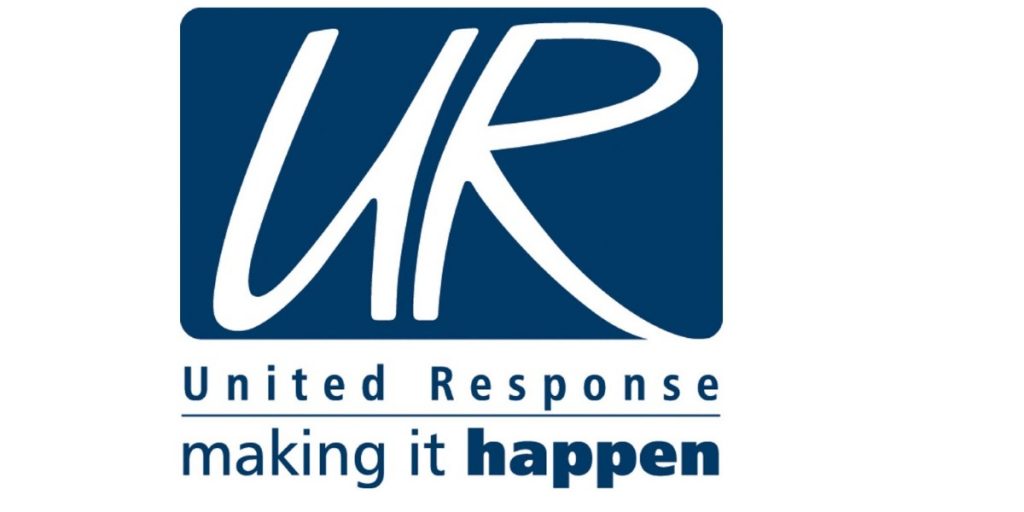United Response: New fund puts power in the hands of disabled people
by Sarah Bartlett, press manager, United Response
Over the last few days, the media has been dominated by coverage of the long awaited draft social care bill. It is perhaps unsurprising therefore that an announcement by the Home Office yesterday of a new fund to support disabled people who wish to stand for elected office appears to have missed the news agenda.
The significance of this announcement however mustn’t be underestimated. Less than 10 years ago, the number of people with learning disabilities engaging with the democratic system and using their right to vote was shockingly low. In the 2005 General Election, for example, only 16 percent of people with learning disabilities voted compared with a national turnout of 61 percent.
In 2007, United Response set out to work with disabled people, political parties and government bodies to try and change this. Through its Every Vote Counts campaign, United Response raised awareness of the barriers that people with learning disabilities were facing when accessing the democratic system. This ranged from the physical voting environment to a lack of accessible information about candidates and political parties and a lack of awareness among candidates about the needs of learning disabled voters.
Every Vote Counts called on all political stakeholders to recognise the democratic rights of people with learning disabilities, and to work with disabled people and the organisations that represented them to increase voter turnout. It also called for all information to be made available in accessible formats, as well as for a review of membership processes to be carried out, to make it easier for disabled people to play a direct role in politics.
In 2010, it was clear, when all three major political parties made easy read versions of their manifestos available for the first time and the turnout among people with learning disabilities increased dramatically to 41 percent that the tide was beginning to turn for disabled people.
Earlier this year, we saw another significant development when the Responsible Reform Report – also know as the Spartacus Report – received huge public support and saw disabled people finally being recognised for the valuable and unique contribution they can make to political debate.
Yesterday’s announcement is yet another step on the road to political equality for disabled people. Of course there is more that still needs to be done. The Home Office’s online training course on standing for election could definitely be made more accessible, for one thing. But this new fund is a positive move in the right direction and at a time when there often seems to be very little to celebrate for disabled people, it should be recognised as such.





-01.png)